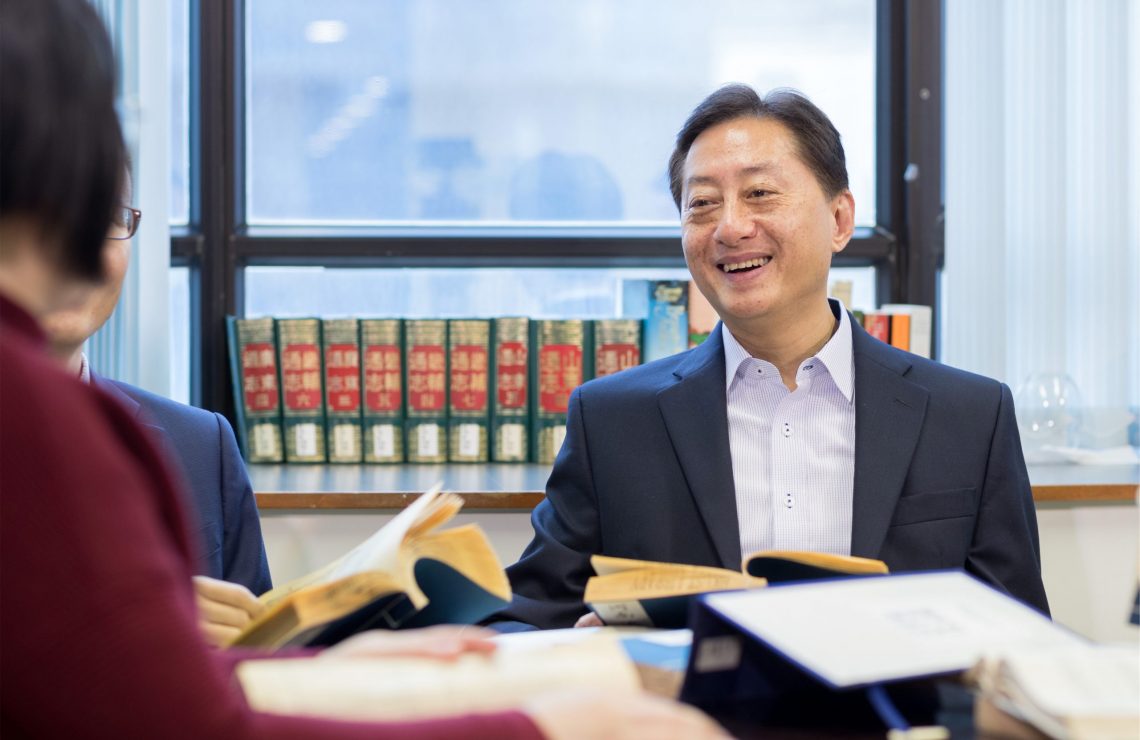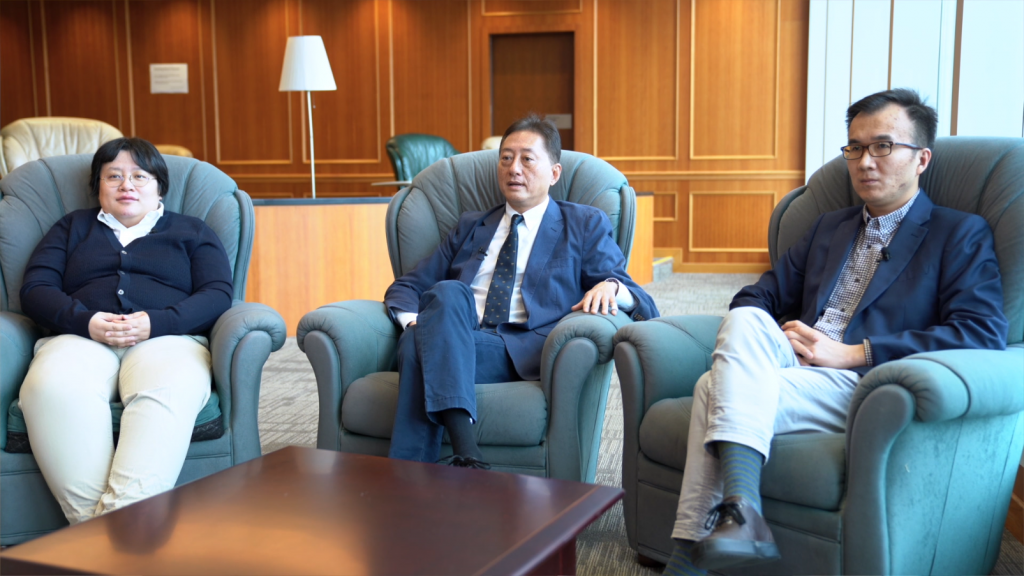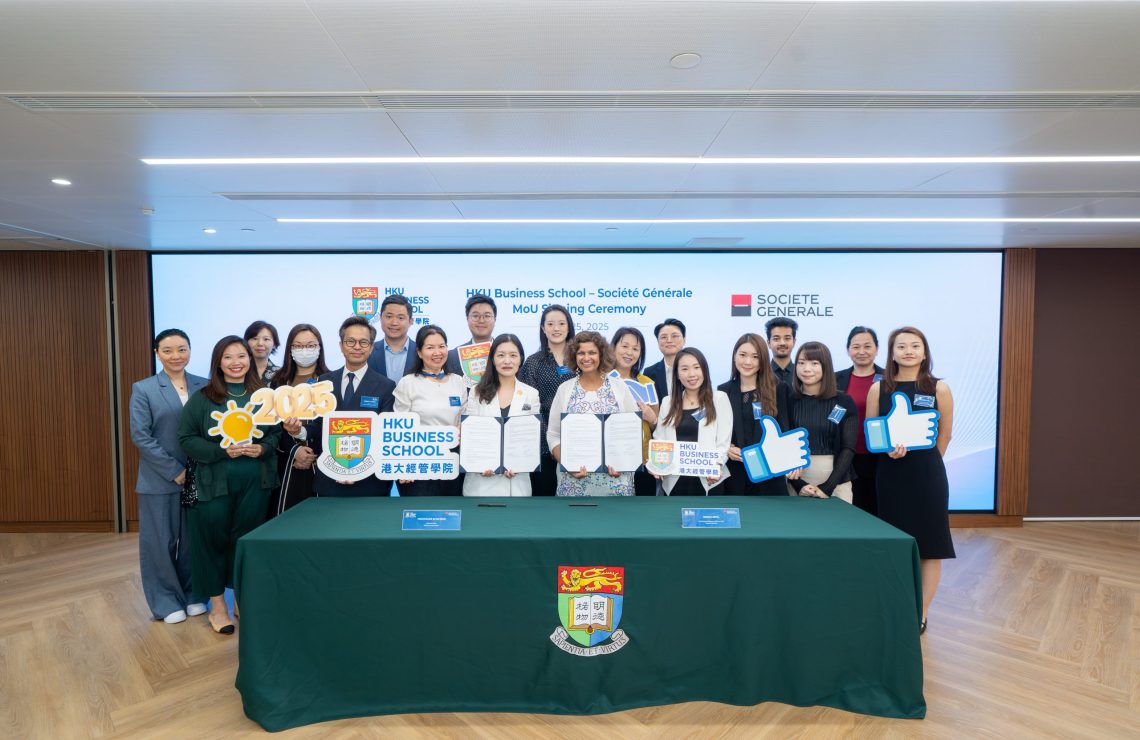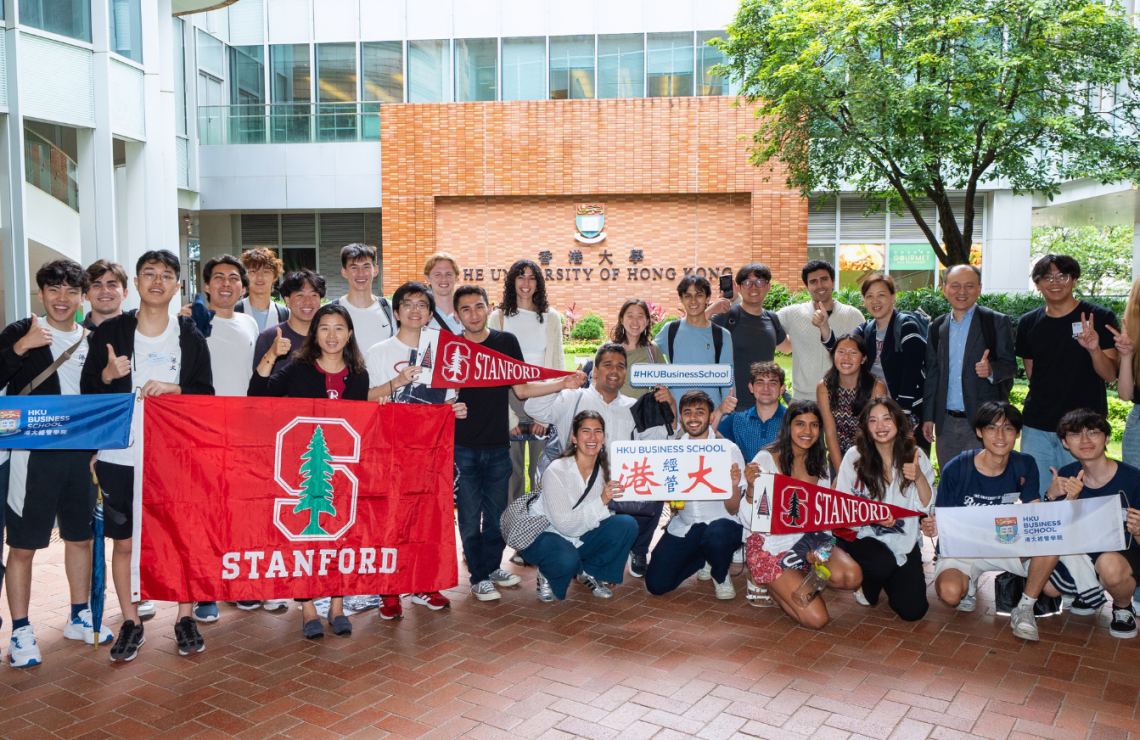
A “Time Travel” – Discover the Link Between Ancient China’s Civil Examination And modern Economic Development
HKU Business School Professor James K.S. Kung has recently won the Royal Economic Society Prize for the best article published in The Economic Journal in 2020. His paper, “Long Live Keju! The Persistent Effects of China’s Civil Examination System”, co-authored with Dr. Chicheng Ma and Dr. Ting Chen, examines the long-term consequences of China’s millennium-long civil examination system for human capital or educational outcomes.
“There is a growing literature in economics showing that both institutions and culture have had a long-term persistent effect on economic development. Countries with “bad” institutions during the colonial rule, e.g., institutions that fail to constrain the ruler, have demonstrably poorer economic performance in the long run. The same with culture,” Professor Kung explained why the team was dedicated to studying China’s past and its implication on China’s economic development.
Keju, a civil service examination system in Imperial China, became the world’s first meritocratic bureaucracy since the Song dynasty, lasting for nearly one millennium prior to its abolishment. While one would agree that “learning is more than just scoring”, zealous scholars back in the old days were motivated to take keju and determined to attain the highest possible qualification – the jinshi because of its exceptional prestige and rewards. Professor Kung and his team thus hypothesized that keju had likely created a distinct group of elites with deep respect for learning and academic achievements, so much so that over time it fostered a “cultural trait” that has persisted even long after the exam’s abolishment. “Keju provided us with an invaluable opportunity to study the possible persistence of institutions and culture combined in one single instance,” said Professor Kung.
“From our study, we found that an additional jinshi per 10,000 people has had the effect of increasing years of schooling by 0.87% in 2010, which is equivalent to nearly an additional year of schooling out of the mean of 8.72. Benchmarking this to a recent United Nations estimate, the magnitude is translated into an earnings difference of 1.5 times,” Professor Kung added.
By analysing historical data, their work shows that “how it was education rather than material wealth that is considered important to be passed on to the next generation in some cultures but not in others and to the extent that education matters for economic growth, it is the wealth of nations”.
Professor Kung joined HKU Business School in July 2018 as Professor of Economics. “I was attracted to the School because of the sincere invitation extended to me by our dean Professor Hongbin Cai to join what promised to be a thriving academic community. In addition to having a proven track record in leadership, Professor Cai is also an accomplished scholar; the combination of these qualities in academic leadership is very attractive. Moreover, there were also the opportunities to work with such fine colleagues as Professor Zhiwu Chen on developing a programme in China’s economic history. All of these made my decision an easy one,” said Professor Kung. In 2019, he was conferred the Sein and Isaac Souede Professorship in support of his academic and research activities in economic history of China.
Appointed as the new Head of Economics Academic Area in October 2020, Professor Kung will be making plans to modernise the School’s undergraduate curriculum with new courses to equip students with practical skills both in data analysis and substantive knowledge about the rapidly changing world. Similar efforts are also made to strengthen the PhD programme; new postgraduate research courses in applied economics such as “Economic History and Development”, “International Economics/Empirical Industrial Organization”, “Applied Econometrics”, “Macroeconomic Research related to China” will also be offered in 2021/22.
With digitalised data becoming more available and ever-growing computation power, his area is readily up for the challenge that big data brings for researchers in applied economics. Professor Kung has already led the recruitment drive for a bigger and stronger army of top scholars from around the world whose expertise is to make intelligible and innovative use of data in addressing a wide range of issues.
Learn more about the Royal Economic Society Prize: https://www.res.org.uk/resources-page/2020-royal-economic-society-prize.html

Winners of Royal Economic Society Prize 2020: Professor James K.S. Kung from HKU Business School (middle), Dr. Chicheng Ma from HKU Business School (right) and Dr. Ting Chen from Hong Kong Baptist University (left)







